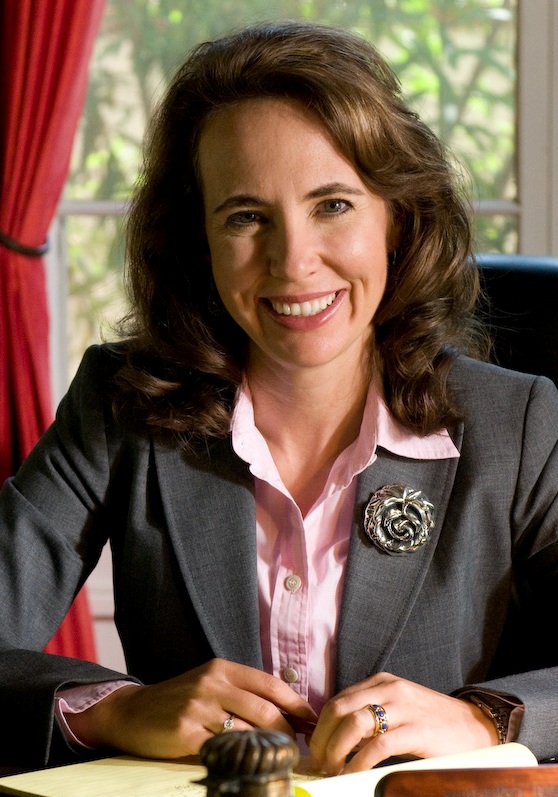
NASHVILLE, Tenn. (BP)–The Arizona shooting tragedy that targeted a congresswoman, left six dead and injured another 14 should lead the nation to examine its mental health system, Southern Baptist ethicist Richard Land believes.
In the months leading up to the Jan. 8 event at a Tucson constituent meeting, the alleged shooter, Jared Loughner, was viewed by some as a mentally unstable person who could be dangerous. Lynda Sorenson, who attended classes with him at Pima County Community College, sent e-mails to friends in June describing him as “disruptive” and “disturbed” and saying he’s “one of those whose picture you see on the news, after he has come into class with an automatic weapon.”
Loughner, 22, eventually was kicked out of the college and also had been rejected by the military, reportedly because of drug usage. His mug shot shows him smiling.
The representative he allegedly shot, Gabrielle Giffords, D.-Ariz., remains in critical condition after being shot in the head. Among those he allegedly killed were federal Judge John McCarthy Roll and a 9-year-old girl who was brought to the event by a neighbor.
“This is a sad, tragic event, and it really calls for a better mental health system that can identify and deal with these human ticking time bombs before they go off,” Land, president of the Ethics & Religious Liberty Commission, told Baptist Press. “Why do we have to wait until after they cause mayhem to deal with the problem when they are readily identifiable to anyone with eyes to see and ears to hear?”
Land isn’t the only one calling for a better mental health system. Columnist Mona Charen argued that the “legal framework for handling those who resist treatment” needs to be changed.
“Widespread deinstitutionalization of the mentally ill, along with laws that require proof of dangerousness before a person can be involuntarily subjected to treatment, make it exceedingly difficult to stop a crazed gunman before his murderous spree,” Charen wrote. “In the Tucson case, as in the Virginia Tech case, others noticed the gunman’s oddity in advance but were unable to force him to get treatment.”
The Virginia-based Treatment Advocacy Center, an organization which supports reforming mental health laws, released a statement saying that while enough isn’t yet known about Loughner’s past, “we do know that existing treatment laws are overlooked, ignored or underused.” Violence, the organization said, is “linked to untreated severe mental illness” and state laws need “to permit intervention” well before the person is declared dangerous.
Charen added, “A misplaced respect for personal autonomy — the right to reject treatment — arguably carries too high a price, particularly now when pharmacological treatment is so benign, and when the kinds of crimes committed by the untreated mentally ill are so heinous.
Land called it “unfortunate” the tragedy happened at a meeting for constituents and expressed hope that the nation won’t let the tragedy “impede representatives’ access to the people.” Land also said more gun control isn’t the answer.
“Gun control would not solve this problem,” Land said. “People who are crazy and intent on criminal activity will get guns. When you have gun control, the problem is that the only people who have guns are the crazy people and the outlaws. Guns are not the problem. Human beings with criminal intent are the problem.”
Steve Bass, state missionary for the Arizona Southern Baptist Convention, noted that while Tucson’s metro population recently passed 1 million, the tragedy has made the large city seem like “a small community.”
“Quite frankly, I am proud of our people because often Christianity shines brightest when tragedy comes,” Bass told Baptist Press. “Truth is, our God shows up for work on the toughest of days, and we continue to pray for the victims and their families and for the believers who minister during this time of hurt and tragedy.”
–30–
Michael Foust is associate editor of Baptist Press. With reporting by Elizabeth Young, communications director for the Arizona Southern Baptist Convention.
















